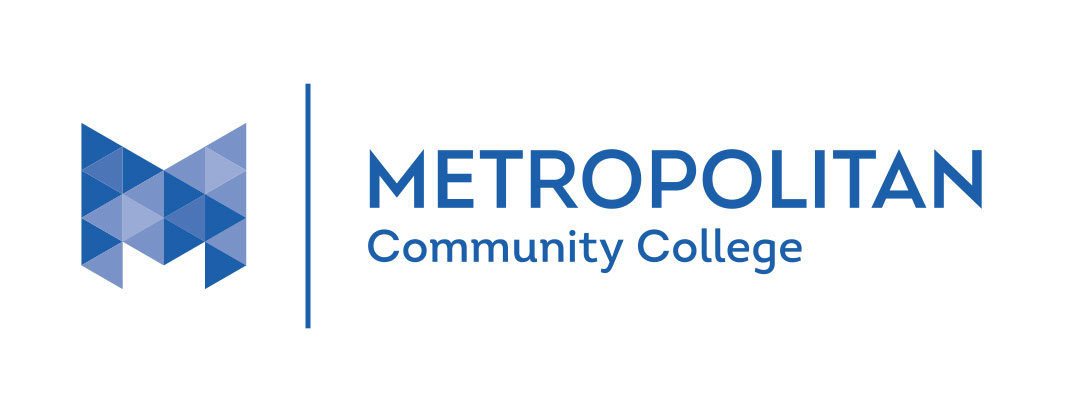Explore Programs
Cybersecurity
Overview
What is Cybersecurity?
The MCC Cybersecurity program helps students acquire the skills to balance and manage the risks of doing business in a networked world. Students learn to formulate and implement an information security policy, manage information assets, and design a successful security infrastructure. Students also get vital hands-on experience in defending against attack and intrusion, as well as disaster recovery preparation. Bellevue University, Dakota State University, and Herzing University offer transfer pathways for graduates of the MCC Cybersecurity program. MCC is designated as a Center of Academic Excellence in Cyber Defense Two-Year Education by the National Security Agency and the Department of Homeland Security.
Degrees & Certificates Offered
Program of Study(POS)
Associate in Applied Science Degree: Cybersecurity (ITCYO)
Associate in Applied Science: Associate in Applied Science - Information Technology (AASIT)
The AASIT degree allows students to combine Career certificates may be combined together based on an IT concentration area that best matches student interests. For Cybersecurity students can choose the following two career certificates
- Career Cerificate: Information Technology Technician (TETCA)
- Career Cerificate: Cybersecurity Career Certificate (CYBCC)
JOB & SALARY OUTLOOK
Cybersecurity graduates become security architects, specialists, analysts and administrators, cryptographers, forensic experts and penetration testers.
- Use communication skills to explain technical and complex cybersecurity topics to non-technical persons.
- Plan and implement a secure network using tools and mitigating factors.
- Document cybersecurity programs for policy, continuity, incidents, audits and reporting.
- Use tools and techniques to determine vulnerabilities in networks and systems.
- Demonstrate ethical conduct and integrity for the cybersecurity industry.
- Use investigative methods and techniques to determine the causes of an incident.
CLUBS
Clubs meet quarterly
Ethical Hacking Club
The IT Ethical Hacking Club is for students interested in learning hands-on practical strategies for lawfully attacking and protecting IT infrastructures. Students will be involved in working on controlled lab environments to safely perform intelligence gathering, system and network scanning, access methods and analysis. In addition, students will practice defending against various attack methods and perform network and system hardening. Students may also participate in intramural and intercollegiate Cybersecurity competitions.
Visit our myHub page! The IT Ethical Hacking Club
Contact Information
Club Director: Jared Bernard
Office Phone: 531-622-8243
Email: jtbernard@mccneb.edu
Office Location: SOC MNY 328
STUDENT ACTIVITIES
SUGGESTED CAREER WEBSITES
Cyberseek.org: Cybersecurity Supply/Demand Heat Map
Cyberseek.org: Cybersecurity Career Pathway
Cyber Career Pathways Tool | NICCS (cisa.gov
Ethics
As a cybersecurity student, you are expected to uphold a code of ethics and professional behavior that promotes the highest standards of integrity, honesty, trustworthiness, and professionalism. This code serves as a guide to help you make ethical decisions and maintain the trust and confidence of your clients, colleagues, and the public.
The following are the principles of the cybersecurity student code of ethics and professional behavior for students attending NCAE schools:
- Respect: Treat others with respect, and honesty, Act in a legal and moral fashion regarding others. Respect the laws and regulations that govern your profession and avoid engaging in any activities that could be considered illegal or unethical.
- Professionalism: Conduct yourself in person and online in a professional manner, and always adhere to ethical standards when dealing with clients, colleagues, and the public. Your actions should be based on sound judgment, integrity, and the highest levels of ethical conduct.
- Confidentiality: Maintain the privacy and confidentiality of information, especially concerning protected health information, personally identifiable information, or intellectual property entrusted to you.
- Accountability: Take responsibility for your actions and be accountable for any mistakes or errors that you make. Learn from your mistakes and take steps to prevent them from happening again. Do no harm.
- Collaboration: Strive to collaborate online and in person with other cyber professionals to make the cyber world safer for all.
- Attribution: Give credit to others for their work. Only use generative AI with proper attribution and proper permission from your college, university, or employer.
- Continuous Learning: Continue as a life-long learner to ensure competency in the field. Share your knowledge with others and promote best practices.
- Reporting: Report to the appropriate authorities any unethical behavior you observe in the course of your work.
By adhering to this code of ethics and professional behavior, cybersecurity students can build a reputation for professionalism, integrity, and respect for the public interest. The committee consulted existing ethical standards and codes in researching the proposed NCAE-C Student Code of Ethics and Professional Conduct.
Chris Greer, Information Security Manager - Enterprise Identity and Access Management Services - Mutual of Omaha - Omaha, NE
Douglas Rausch, President (Aurora CyberSecurity Consultants, Inc.) / Associate Professor & Director of Cybersecurity (Bellevue University) - Omaha, NE
Greg Anderson, IT Manager of Information Security and Operational Continuity - DOT.Comm - Omaha, NE
Heath Gress, Agricultural Entrepreneur - County Line Helicopter (Owner)
Jeff Breci, Director of Information Security - Metropolitan Utilities District - Omaha, NE
Dr. Lisa McKee, Ph.D., CISA, CDPSE, CRISC - CEO (SecuriKee Dr) / Founder & Creator (ComPriSec and Zero Trust Privacy) / Founding Partner (American Security & Privacy) - Omaha, NE / South Dakota
Rick Holmes, Assistant Vice President and Chief Information Security Officer - Union Pacific Railroad
Ron Woerner, Sr Cybersecurity Consultant - Forrester / Professor, Cybersecurity Studies - Bellevue University - Bellevue, NE
Ryan Regnier, CyberSecurity Director - Protective Operations, Nelnet
Scott Bowden, Assistant Vice President, Information Protection - Physicians Mutual
Scott Christensen, MAM, CI, Sys Director - Cybersecurity Incident Response, Forensics & Threat Intelligence at CommonSpirit Health, Bellevue, NE
Anthony Kava, Digital Forensics / Technology Administrator - Pottawattamie County Sheriff's Office - Council Bluffs, IA
Warren Fish, Associate Director Technology Consulting, Security Strategy & Data Protection - Protiviti - Omaha, NE
If you have any questions or would like more information about our IT programs, please don't hesitate to contact us. Our knowledgeable staff are here to help and can be reached by phone, email, or in-person. We look forward to hearing from you and helping you achieve your educational goals.
Instructor, Cybersecurity, Program Coordinator, POC: Gary Sparks, 531-622-3854FT Faculty Instructor, APOC: Jared Bernard, 531-622-8243
PT Adjunct Instructor: Ron Moore, 531-622-8370
PT/Adjunct Instructor: Kayle Nielsen, 531-622-8435
PT/Adjunct Instructor: Olivia Christenham, N/A
PT/Adjunct Instructor: Assima Sizing, N/A
NOTE: Please cross reference the I.T Annual Course Schedule to verify your required courses are being offered during the term you plan to register.


.png?lang=en-US)